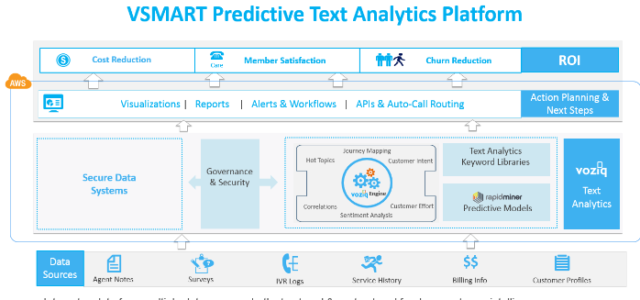March 2, 2017
Data and Analytics are hot but there’s a lot of empty chatter about how to become a data analyst. Here are a few tips I hope you’ll find helpful.
- Understand that “data are data” and “data speak for themselves” are misguided notions and very misleading. Subject area expertise will add substantially to your ability to add value. For example, if you want to become a marketing scientist you’ll need to study consumer behavior and learn about marketing and advertising. You can take courses, attend seminars or borrow textbooks from your university or local library. Becoming “fluent” in ten programming languages, while impressive on the surface, will limit you over the long term. You’ll need more balance than that.
- Learn how to design research – if your skills are limited to analyzing “organic” data, your career options will be stunted. I’m amazed at how little some otherwise sophisticated data analysts understand about primary research. Read outside your area to see how research is conducted in other fields. For example, I’ve found reading about medical research, evaluation of educational programs and environmental studies helpful. There is a lot of positive transfer from these disparate areas to what I do.
- Don’t just be a “machine learner.” Learn about research design and causal analysis, including experimental, quasi-experimental and non-experimental research. Develop competence in sampling and statistical inference. Though it takes time to master, multivariate analysis will provide new and very useful ways of looking at analytics. Regression is a much bigger topic than many realize and structural equation modeling, time-series, longitudinal and multi-level modeling are becoming increasingly important.
- Recognize that relying on automated modeling is a dead end. Very often what are the “best” models in the eyes of a computer are worthless in the eyes of decision-makers. Modeler experience and judgement will remain essential for the foreseeable future.
- Understand that insights are more than descriptive findings or pattern recognition. For example, discovering that males in their 30s are much heavier purchasers of your category than you’d expected is an interesting finding, but not by itself an insight. If, in addition, you learn that most of these customers are buying from a shopping list and are not the decision-makers, then that might quality as an insight. Whether that insight is valuable knowledge is another story, though.
- Even scientists need interpersonal skills and presentation skills. Technical savvy is not enough for most of us and the days when you can hide in the back room and “geek out” are numbered.
- Don’t be awed by gurus and “thought leaders.” More than a few of these people only excel at self-promotion. Likewise, very few journalists have actually done the things they’re reporting on. Caveat Emptor, always.
- When seeking employment, look for organizations that truly understand and utilize analytics, that really care about their employees and invest in quality training. Client-side experience will pay off too, and often very quickly.
- Never stop learning.
- Remember the advice of baseball legend Willie Keeler: “Keep your eye clear, and hit ’em where they ain’t.” What may be hot today may be not tomorrow.
Kevin Gray is president of Cannon Gray, a marketing science and analytics consultancy. He has more than 30 years experience working in marketing research and data science.
Browse
Article by channel:
Search
Everything you need to know about Digital Transformation
Subscribe
The best articles, news and events direct to your inbox
Popular Now
The Case For Digital Transformation
The Digital Transformation Pyramid: A Business-driven Approach for Corporate Initiatives
The Case For Digital Transformation
An Executive Summary: Leading Digital by George Westerman, Didier Bonnet & Andrew McAfee
Strategy & Innovation
Target Operating Models & Roadmaps for Change
Delivery
Data Asset Management (DAM)
Strategy & Innovation
The Innovation Management Theory Evolution Map






